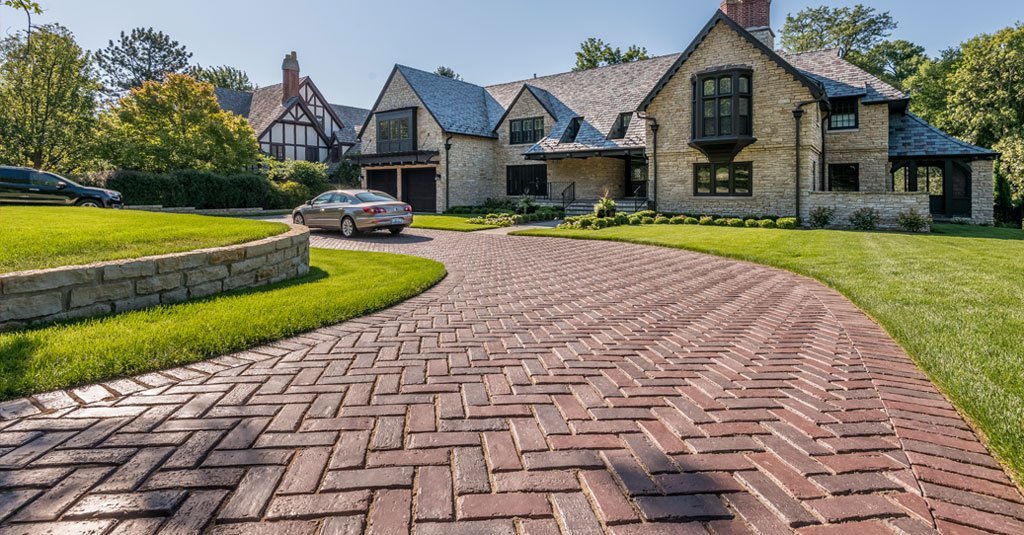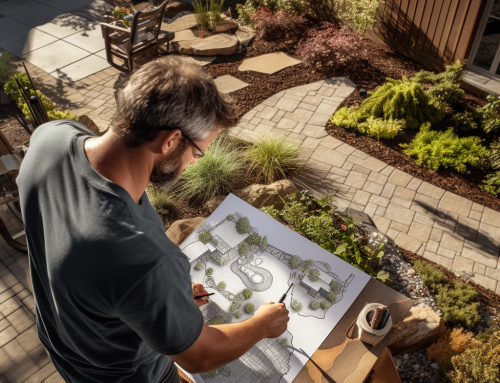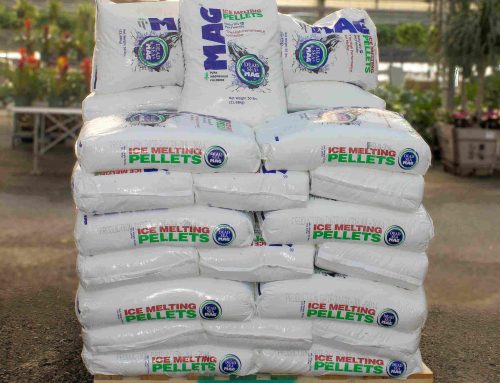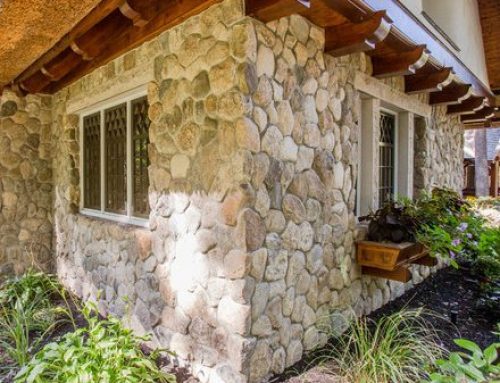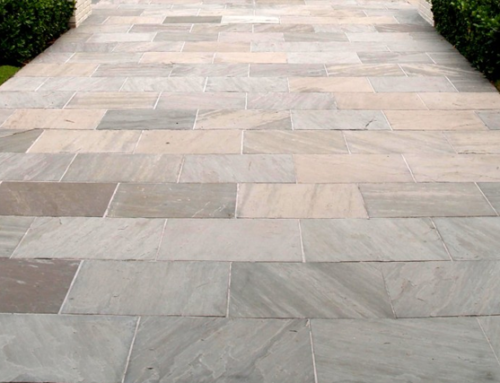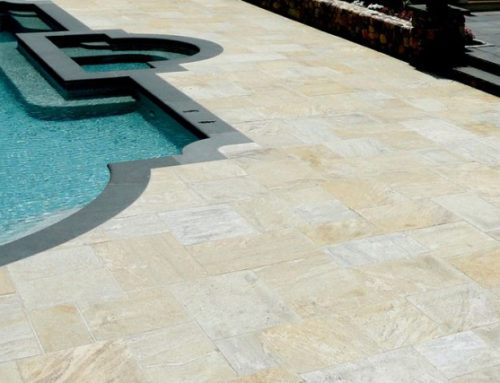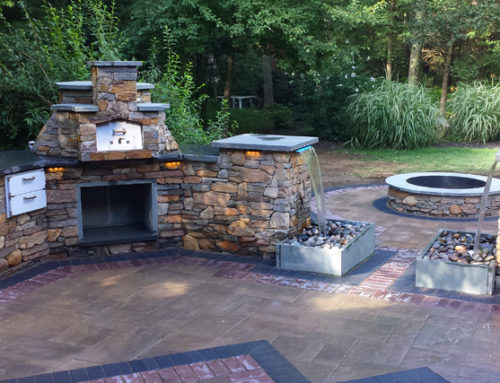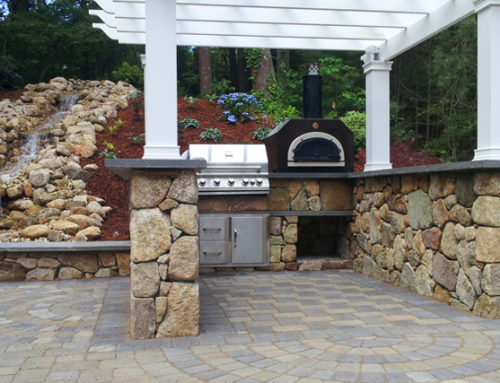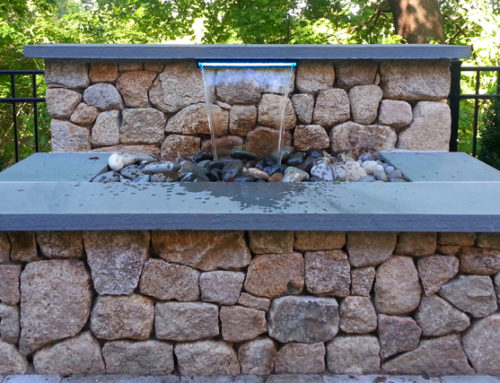If you’re building a new home or doing renovations, the driveway can seem like a relatively minor concern. But your driveway is the first part of your home that guests encounter, so it should harmonize with your home’s architectural style. And as part of your home’s exterior, your driveway needs to respond well to the elements. Permeable pavers do all of that and more. Permeable pavers are durable, come in a variety of styles, are environmentally friendly and can help protect your home from water damage.
How Do Permeable Pavers Work?
Permeable pavers are made with concrete, but because of their surface area, are tougher than a poured concrete driveway paving. The pavers have permeable joints that serve to channel rain and snow melt through a layer of aggregate, reducing and treating runoff. Permeable pavers provide for good drainage, reducing the risk of water damage to your property.
How Much Maintenance Do Permeable Pavers Need?
If you choose permeable interlocking concrete pavement, a cleaning every few years will suffice to keep your driveway paving in good condition for the full lifetime guarantee. Should individual pavers become damaged or shift, they can be removed individually, whereas with an asphalt or concrete driveway, a crack or buckle might require removing the entire driveway.
What About Accessibility?
Permeable pavers create a surface that provides excellent traction while allowing wheelchairs to move smoothly. Household members who use mobility devices need not worry about getting stuck or slipping with permeable pavers.
What’s Your Look?
We offer pavers that mimic natural stone paving, in keeping with the current trend. For those with historic homes, natural stone-look pavers can preserve design integrity while remaining budget-friendly. Several cities use interlocking pavers for an elegant geometric appeal. Whether your home is a tribute to New England history or a tip of the hat to the Space Age, we have driveway paving solutions that will last.
What Will Installation Day Look Like?
If you want the elegance of pavers, you may need to schedule their installation when your driveway isn’t needed by carpenters or electricians. Your driveway will be excavated, graded, and the base for the pavers will be prepared before the pavers are installed. Pavers must often be installed individually, so depending on the size of the driveway, it may take several days to complete. But unlike concrete or asphalt, pavers don’t require a curing time, so you can drive on your new driveway right away.
What About Winter?
Pavers can vary, but they are usually not as vulnerable to temperature changes as asphalt or concrete. Snowmelt can run between the joints of the pavers, reducing the amount of wet ice or slush. Pavers may offer more traction than a smooth concrete or asphalt surface, but you will still need to exercise caution on icy mornings. Most pavers are guaranteed by the manufacturer to be salt-resistant, whereas asphalt is especially vulnerable to the effects of salt, tire studs, and other occupational hazards of winter in New England.
The best driveway paving option is the one that suits your style and needs, and all of our options and expertise are at your disposal.

